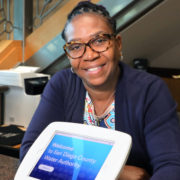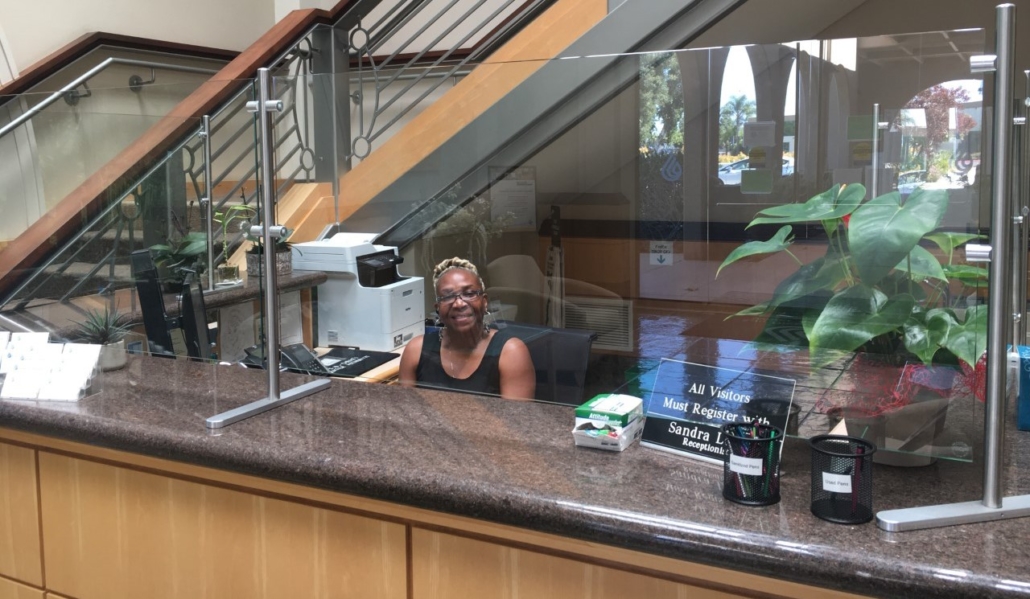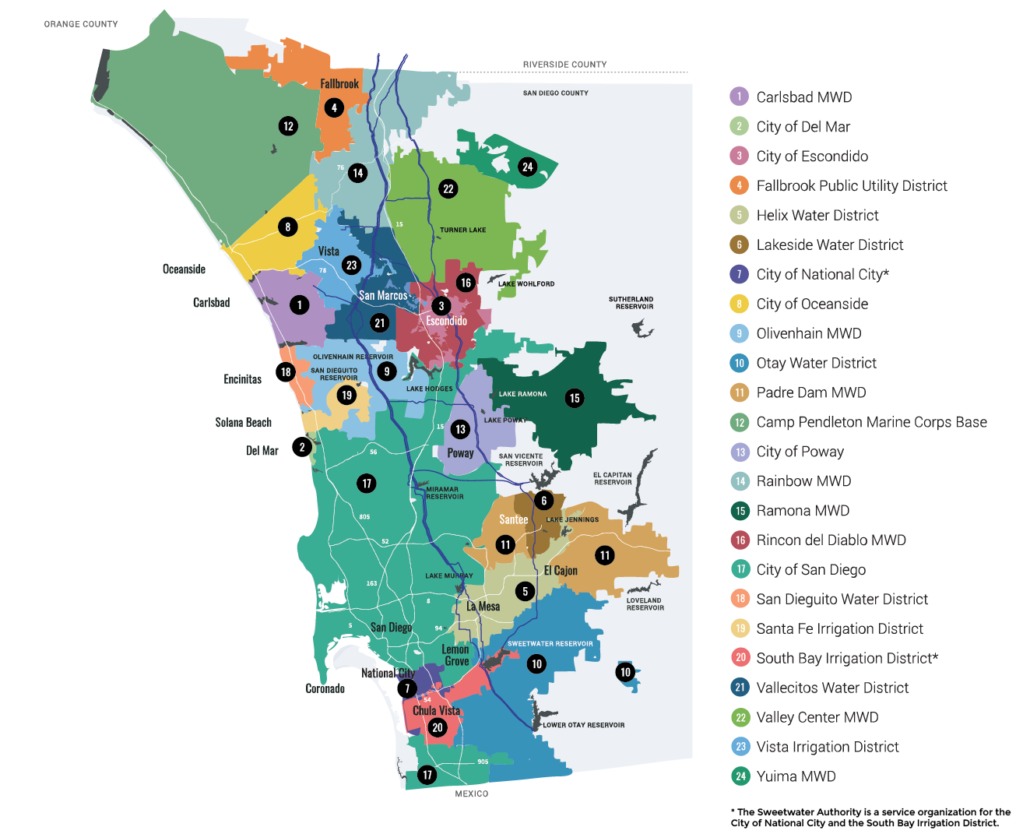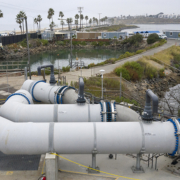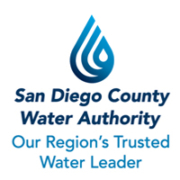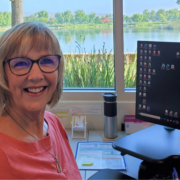New fish-friendly seawater intake pumps recently commissioned at the Carlsbad Desalination Plant are among the most environmentally advanced intake pumps in the world.
The three intake pumps, manufactured by Indar, are part of a broader effort to ensure the long-term health of the marine environment near the Claude “Bud” Lewis Carlsbad Desalination Plant, which sits on the shores of Agua Hedionda Lagoon.
New intake pumps and state-of-the-art technology
Installation of the new intake pumps is part of a phased program to replace the existing seawater intake and discharge facilities with state-of-the-art technology to protect marine life that wasn’t available when the plant was operating with source water from the Encina Power Station. The closure of the power station in December 2018 led to temporary intake-discharge operations until the new intake pumps came online. The next steps include adding new intake screens, designed to prevent any sea-life larger than 1 millimeter (thicker than a credit card) from entering the plant.
Essential work during COVID-19 pandemic
The work to complete the construction and commissioning of the new fish-friendly seawater intake pumps was part of the essential work allowed under California guidelines during the COVID-19 pandemic. The contractor, Kiewit–Shea Joint Venture, worked in accordance with guidelines adopted by the State Building and Construction Trades Council and approved by Governor Gavin Newsom for essential construction. The contractor worked uninterrupted to complete the project per the June 30, 2020, deadline set by the Regional Water Quality Control Board without any health or safety violations.
The eventual transition of the desal plant to operate independent of the power plant was anticipated in the 2012 Water Purchase Agreement between Poseidon Water, which manages and operates the facility, and the San Diego County Water Authority, which purchases the water for use across the region. Currently, the plant provides about 10% of the region’s water supply.
New intakes part of advanced sea-life protection
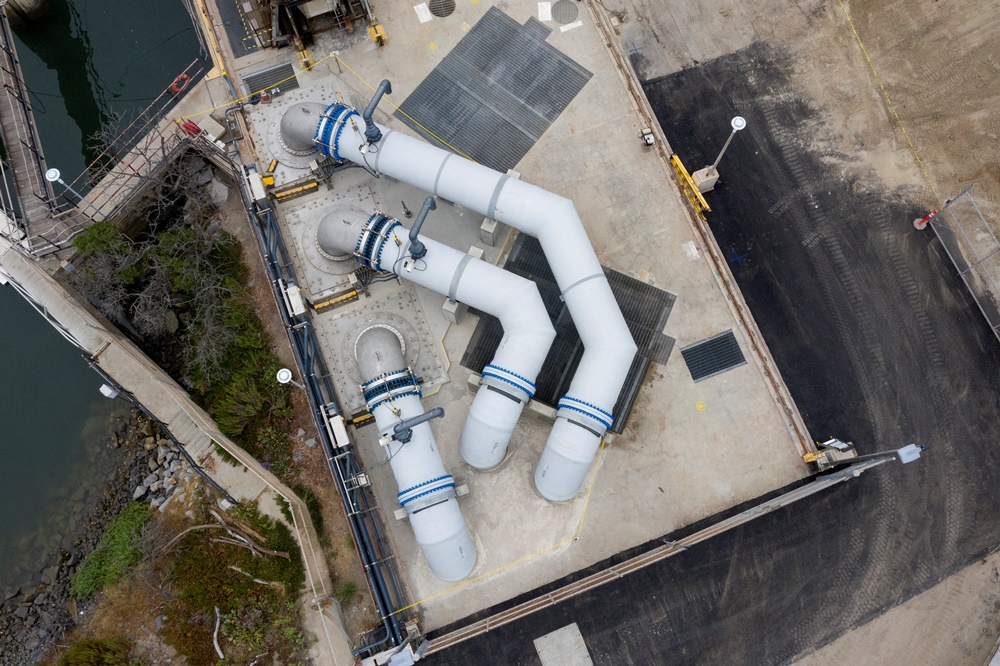
The new intake screens are the final part of upgrades, which when complete in 2023, will make the Carlsbad Desalination Plant the first desalination facility in California to comply with the 2015 California Ocean Plan Amendment, which is among the most advanced sea-life protection measures in the world. Photo: San Diego County Water Authority
The new intake screens are the final part of upgrades, which when complete in 2023, will make the Carlsbad Desalination Plant the first desalination facility in California to comply with the 2015 California Ocean Plan Amendment, which is among the most advanced sea-life protection measures in the world. Poseidon Water also plans to implement the same state-of-the-art intake system at its proposed Huntington Beach Seawater Desalination Plant in Orange County.
“We are excited to reach this milestone at the Carlsbad Desalination Plant that highlights our commitment to environmental stewardship,” said Jim Madaffer, chair of the Water Authority’s Board of Directors. “This plant will continue to be a vital regional resource for decades to come, and it demonstrates that environmental enhancements can go hand-in-hand with water supply sustainability.”
Carlsbad Desalination Plant improves sustainability
The Water Authority can purchase up to 56,000 acre-feet of water from the Carlsbad plant per year – enough to serve approximately 400,000 people annually. The new pumps, combined with additional future investments, will continue to provide the San Diego region with a critically important drought-proof water supply from the Pacific Ocean.
The plant is a major component of the Water Authority’s multi-decade strategy to increase the county’s water supply reliability through supply diversification. San Diego County’s water portfolio approach has been successful in minimizing the region’s vulnerability to drought and other water supply emergencies.
“Using the most advanced technology for the seawater intake system builds on the Carlsbad Desalination Plant’s long history of protecting and preserving the coastal environment,” said Poseidon CEO Carlos Riva. “The new intake system will make this one of the most environmentally sensitive desalination plants in the world, and further enhance our region’s water reliability and climate resiliency.”
For more information, go to the plant website, carlsbaddesal.com, or to the Water Authority’s website, sdcwa.org.

